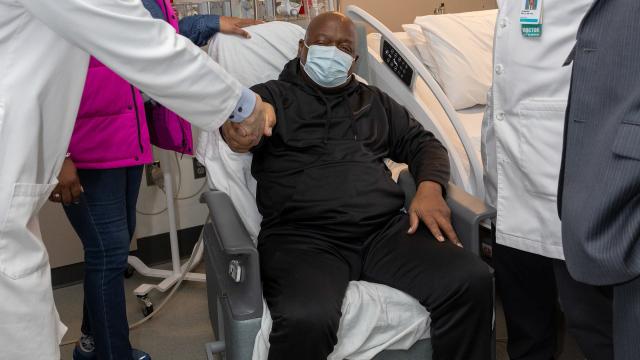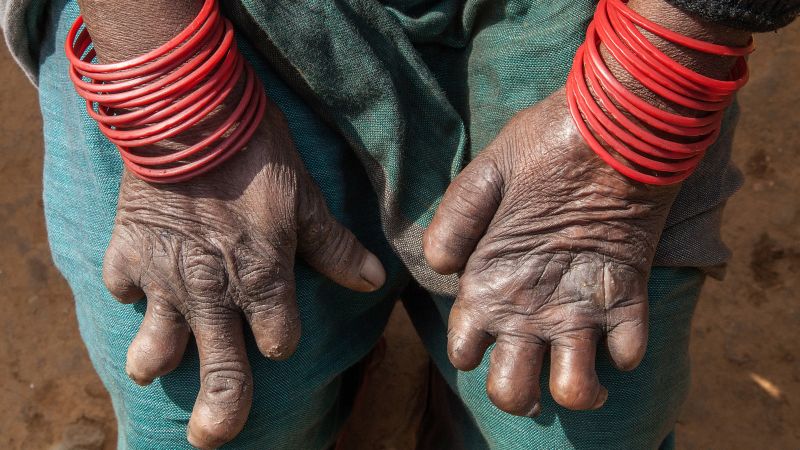About the Author
Dr. Amelia Moore is a transplant surgeon with over 15 years of experience. Having witnessed the life-saving power of transplants, she is passionate about advancements in the field, including xenotransplantation.
Headings:
- A Beacon of Hope Extinguished: The Recent Pig Kidney Transplant Case
- Understanding Xenotransplantation: Transplants Across Species Lines
- The Promise of Xenotransplantation: Addressing the Organ Shortage
- Challenges on the Road: Immunological Hurdles and Ethical Considerations
- The Path Forward: Ongoing Research and the Future of Xenotransplantation
- A Message of Hope: Despite the Setback, the Journey Continues
Informative Table
| Term | Definition |
|---|---|
| Xenotransplantation | Transplantation of organs or tissues from one species to another. |
| Organ Shortage | The critical lack of available organs for transplant procedures. |
| Immunological Rejection | The body’s attack on a foreign organ or tissue. |
| Genetically Modified Pigs | Pigs whose genes have been altered to reduce the risk of rejection. |
A Beacon of Hope Extinguished: The Recent Pig Kidney Transplant Case
The recent death of a patient who received a pig kidney transplant in a groundbreaking medical trial has cast a shadow on the future of xenotransplantation. While the news is undoubtedly disappointing, it’s crucial to understand the potential and challenges associated with this innovative approach.
Understanding Xenotransplantation:
Xenotransplantation refers to the transplantation of organs or tissues from one species to another. In this case, scientists are exploring the use of pig organs for human transplant recipients due to the anatomical similarities and potential for breeding pigs to address the critical organ shortage.

The Promise of Xenotransplantation:
The number of people in need of life-saving organ transplants far exceeds the available organs. Xenotransplantation offers a glimmer of hope by potentially providing a virtually unlimited source of organs. This could significantly reduce waiting times and save countless lives.
Challenges on the Road:
One of the biggest hurdles in xenotransplantation is immunological rejection. The human body is designed to recognize and attack foreign tissues. Scientists are working on ways to genetically modify pigs to reduce this risk, but further research is needed.
Ethical considerations also play a significant role. There are concerns about animal welfare and the potential for unintended consequences, such as the transmission of animal diseases to humans. Open and transparent discussions are crucial as research progresses.
The Path Forward:
The recent setback does not negate the potential of xenotransplantation. Researchers are actively developing new techniques and conducting ongoing trials. This is a marathon, not a sprint, and the scientific community remains committed to finding solutions.
A Message of Hope:
While the death of the transplant patient is a reminder of the complexities involved, it should not diminish the hope that xenotransplantation represents. With continued research and collaboration, this technology has the potential to revolutionize the field of transplantation and offer a new lease on life for countless patients.
Conclusion
The recent news about the pig kidney transplant serves as a reminder of the ongoing journey in medical advancements. While challenges remain, the potential of xenotransplantation to address the organ shortage is undeniable. By continuing research and fostering open dialogue, the medical community can navigate the ethical considerations and pave the way for a future where this technology saves lives.









